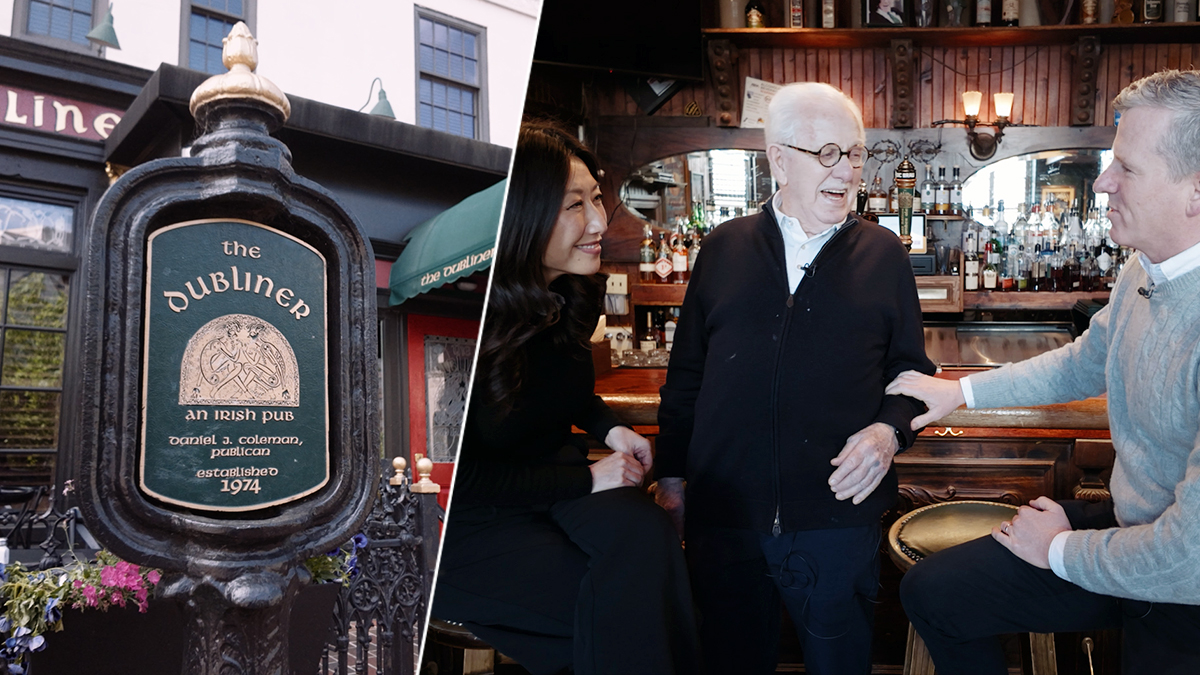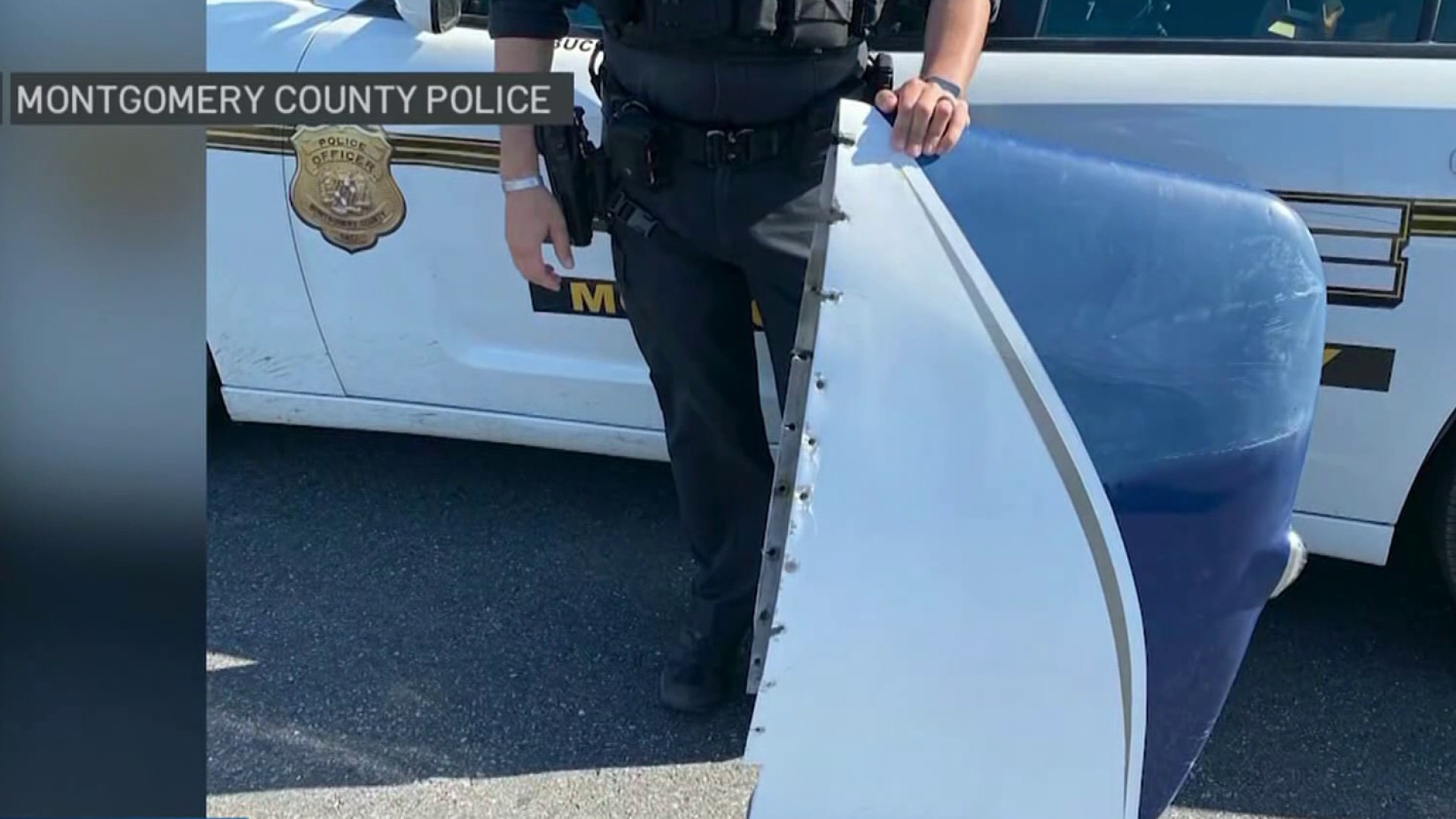Cooking Using Tap Water
Q: A viewer says his new microwave specifies using hot tap water for some recipes. He wants to know if using hot tap water is safe?
A: We took your question to the Environmental Protection Agency. It says don't use hot tap water for cooking. It says using cold water decreases the amount of lead you could be exposed to from lead pipes. The EPA says you can decrease lead concerns even more by running your cold water tap for a minute before using the water.
Preserving Newspapers
Local
Washington, D.C., Maryland and Virginia local news, events and information
Q: A viewer says during these historic times, he'd like to preserve some newspapers. How should he do that?
A: We took your question to the Historical Society of Washington, D.C. It says to preserve newspapers, you'll need to buy archival boxes and folders. These are made to keep newspapers from deteriorating by keeping out humidity. You should also store newspapers in a cool, dry place. And you may want to digitize newspapers if you can. You can buy archival materials for your newspapers online.
DTV and Portable Radios
Q: A viewer has a portable radio that gets TV audio. He wants to know when the TV industry goes all digital next February...will he still get TV sound on his radio.
A: Your answer comes from the government's DTV website. It says the digital TV transition does not affect AM-FM signals.
However, it will affect TV sound on your radio. You would have to connect your radio to converter box to have it receive TV audio as before which would affect how "portable" it is. However, you will still be able to use your radio as a FM-AM radio.
Old Light Bulbs
Q: A viewer wants to know what to do with the old light bulbs he's replaced with new energy-saving bulbs? Pete, we took your question to General Electric, which manufactured lots of those old bulbs. It's also the owner of NBC4.
A: G.E. says there's no specific regulations for disposing of incandescent bulbs. It says you can throw them away in the trash. Now gettnig rid of compact fluorescents is a bit different. Because of the trace amounts of mercury in them, some places require you to recycle them. If you can't recycle them, it's recommended you place the CFLs in a plastic bag and seal them before putting them in your trash.
Food Labels
Q: She wants to know if anyone checks to make sure the nutritional information on food labels is accurate?
A: We took your question to the Center for Science in the Public Interest. It says the manufacturers decide what numbers to put on food labels. However the FDA is responsible to make sure the labels are accurate. However, according to the Government Accountability Office, the FDA has not conducted random accuracy tests since the 1990s. This may be a case of contacting your congressman for more FDA oversight.
Kraft Velvetta
Q: A viewer is a big fan of Kraft Velveeta Shells and Cheese. However, she thinks Kraft has changed the formulation and wants to know if this is true?
A: Kraft told us it changed the pasta formulation in the Velveeta Shells and Cheese but not cheese sauce. It says it made the change due to customer feedback. And it says negative comments about the product dropped more than 10-percent compared to last year so Kraft thinks it made the right change.



